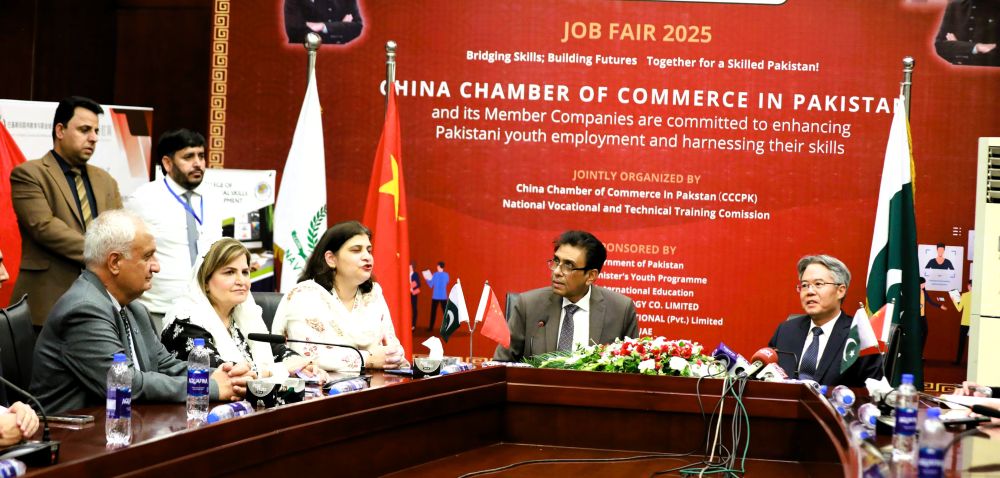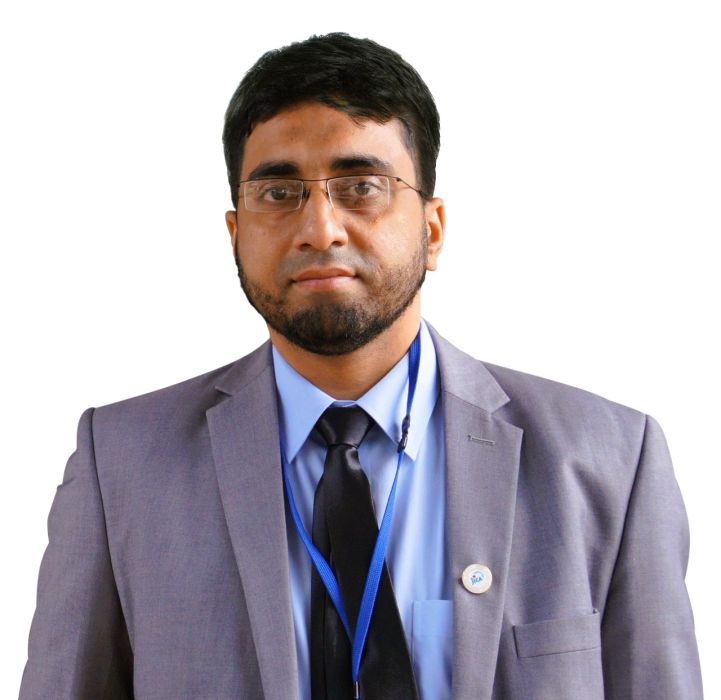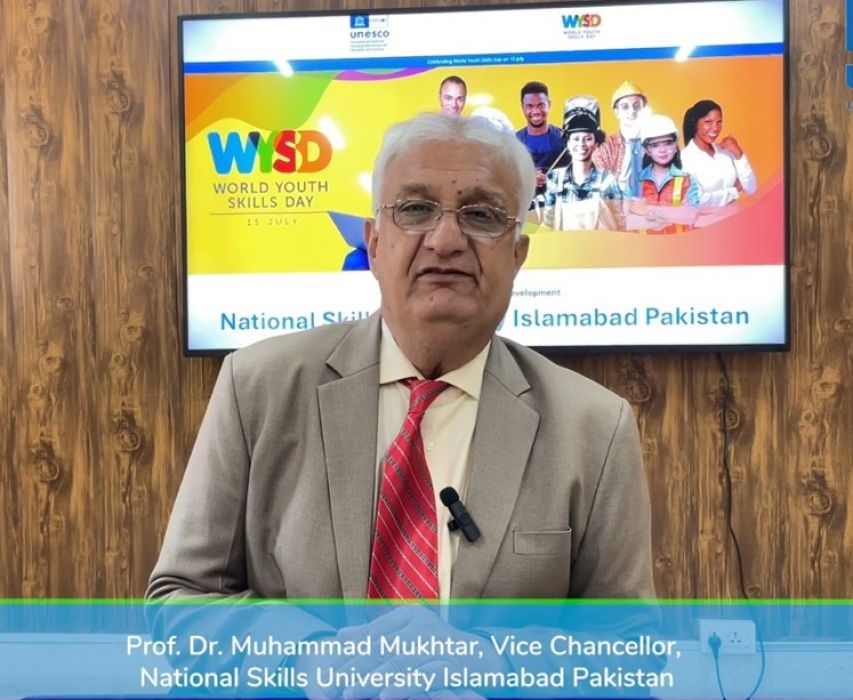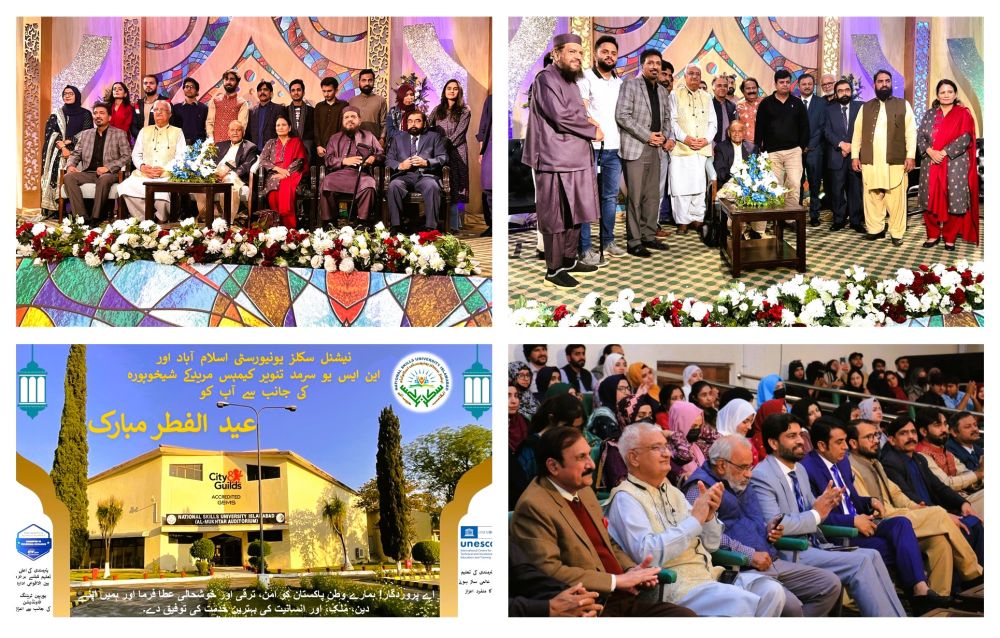Bridging Skills, Building Futures: A New Era for Pakistan's Youth Through Sino-Pak Vocational Synergy
Posted 8 months ago
Over 500 skilled Pakistani youth walked away from a job fair not with brochures or general information but with employment offers in hand. Organized under the theme "Bridging Skills: Building Futures," this collaborative event reflects on the strong and effective educational relationship between Pakistan and China. For Pakistan's vast reservoir of young talent, it was a signal: the future is no longer deferred.
At a time when many developing nations are scrambling to align education with employability, Pakistan is making an assertive pivot. Guided by the National Vocational and Technical Training Commission (NAVTTC) and supported by the China Chamber of Commerce in Pakistan (CCCPK), the fair wasn't just a career opportunity; it was a declaration. Pakistan is ready to meet the demands of a 21st-century workforce. And China, ever the pragmatic partner, is investing not just in roads and power plants but in people.
Speaking at the fair's opening, Minister of State for the Ministry of Federal Education and Professional Training Ms. Wajiha Qamar described this activity: "This is more than a job fair. It is a declaration that Pakistan is unleashing its potential." Boys, girls, madrassah students, and individuals with disabilities were all seen engaging with representatives from 20 Chinese firms, signaling an inclusive approach that understands skills development as the cornerstone of both equity and growth.
The transition from traditional to digital and hi-tech vocations was a defining feature of the event. A Memorandum of Understanding (MoU) has been signed between Tang International, a Chinese tech firm, and a Pakistani vocational institute, aiming to provide cutting-edge IT and digital skills training. It's a strategic response to the global shift towards automation, AI, and game development. NAVTTC Chairperson Ms. Gulmina Bilal Ahmad articulated the vision with clarity: "Skill training is the master key to progress—and this is something we've learned from China." Her announcement that 20 Karachi-based institutes have partnered with Tang International to train youth in digital fields is no small feat. It signals a structured national approach, which involves a coordinated effort from various stakeholders, transforming vocational education from an afterthought into a strategic asset. This approach aims to ensure that all regions and demographics of Pakistan have access to quality vocational training, thereby contributing to the overall development of the country.
Ambassador Jiang Zaidong laid out China's long-term vision, emphasizing collaboration through education, human resource development, and technology transfer. His praise for Pakistani youth as the country's "greatest asset" and his encouragement to explore science and innovation signal that China views Pakistan not merely as a market but as a meaningful partner in progress.
China trains nearly 10 million students annually across 11,000 vocational institutions. Now, Pakistan is beginning to build a similar ecosystem —one that not only trains but also transforms. The ambassador's emphasis on a favorable and stable business environment serves as a gentle reminder of the importance of policy continuity, which is essential if this momentum is to be sustained.
Pakistan has long struggled with the paradox of a young population and high unemployment. Over 60% of its citizens are under 30, yet opportunities remain scarce for many of them. What this job fair demonstrated, however, is that this narrative can change and is changing.
Federal Minister for the Ministry of Federal Educaiton and Professional Training Dr. Khalid Maqbool Siddiqui rightly called the event "a cornerstone of regional prosperity and stability." As China rises as an economic superpower, its collaborative approach to developing human capital in Pakistan could serve as a model for other nations.
Prof. Dr. Muhammad Mukhtar, Founding Vice Chancellor of the National Skills University Islamabad, has long championed such integrative approaches. This university undergraduate student will be completing supervised industrial training in Chinese industries. The first badge is almost getting ready to leave.
For decades, the China-Pakistan relationship has been characterized by its emphasis on infrastructure. Today, it's being redefined by intellect. As Ambassador Jiang remarked, "CPEC is more than a road; it is a roadmap to prosperity."
Indeed, the road now winds through classrooms, training centers, and innovation hubs. Pakistan's youth are not just job seekers; they are builders of futures, innovators in waiting, and catalysts of change. The job fair may have lasted a day, but its impact will echo for years—across provinces, disciplines, and generations.





